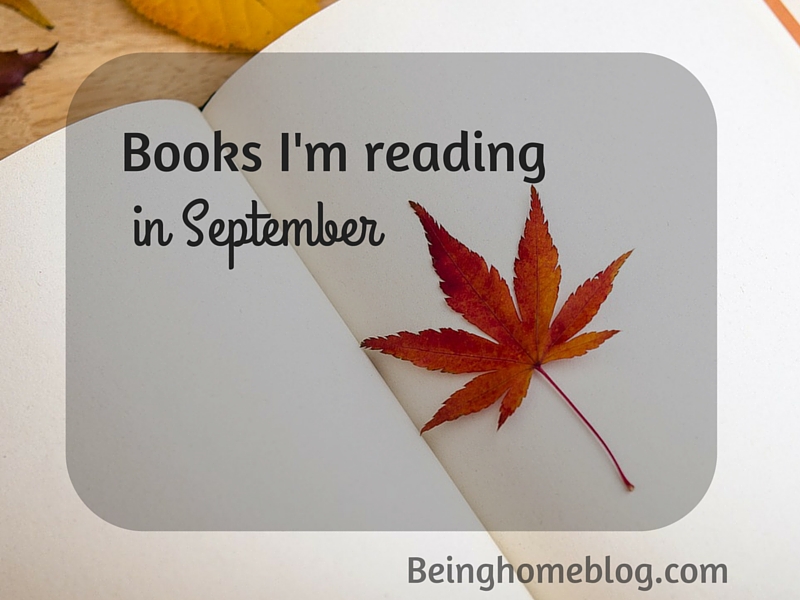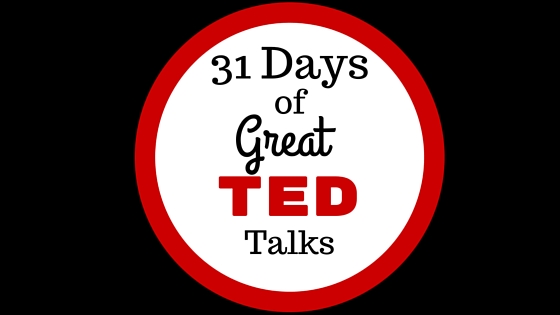
On this last day of September, I decided to list the books I’m reading now so I don’t forget.
1. “The End of Jobs” by Taylor Pearson
Technically, I’m finished reading this book and Hannah’s waiting for it but I’m re-reading it because I want to interview Taylor Pearson. Not only about the book but getapprenticeship.com his brilliant answer to the gap between the traditional path of employment for life and entrepreneurship.
Taylor argues in the book that current circumstances make starting a business less risky and easier in many ways than pursuing a traditional path. He discusses and explains concepts like silent risk, democratization of tools of entrepreneurship and global competition as a result of the improved education standards (and low wages) globally. These are only a few factors of the changing landscape of work in the new economy.
Not only does Pearson raise important ideas but he supports all of his claims with data accompanied by real-life examples that bear out his bold statements.
I have to admit that Pearson is preaching to the choir but I am so happy to have solid evidence to back up what I’ve been suspecting for a while now. This book is an eye opener for anyone preparing for the next 5-10 years in the big bad world.
2. Zero to One by Peter Thiel
I’m reading this after listening to James and Claudia Altucher talking about a post that James wrote “The Ten Most Important Books to Expand Your Mind” The list was made up of books that gave him a braingasm. You can guess what that is.
Peter Thiel is a founder of Paypal and one of the first investors in Facebook. He also started a Gap year fellowship program.
I’m just diving into this one and while I appreciate understanding some things that I didn’t before, I’m thinking a lot of it will be over my head. I’m no dummy but so far it is. I’m not giving up yet, though.
3. Bold by Peter Diamandis
James and Claudia’s description of this book as mind-blowing intrigued me. I haven’t gotten far into it yet but he dives into exponential growth in certain areas (robotics, computers, health, bio-hacking, etc. and ideas that are not only huge and outlandish but that are iterated and many of us don’t even know it.
In case you’re wondering whether I’m inventing something…no, but I’m intrigued by the idea of people totally going for broke when they have outrageous and ideas that are so new that others have a hard time adjusting their reaction to the idea of it. They keep trying to box it into their frame of mind. I don’t think like this, by the way, but I kind of wish I did.
4. The One Thing by Gary Keller
I have to admit that I’m not as impressed by this one as most people are and maybe I’m not giving it a fair shot. I understand and appreciate the main idea; that multi-tasking doesn’t work and focusing on one primary task to completion is most productive. But how many chapters do you need to say that? I get it already.
The book’s well-written, though and includes some interesting anecdotes so I’ll probably get all the way through it. Maybe I’ll decide it’s as great as everyone else thinks it is.
5. Looking forward to Hesitation Wounds by Amy Koppelman
I was introduced to Koppelman’s work through listening to her husband, Brian’s podcast (which I really like). I read “I Smile Back” and loved the style, voice, characters and prose. I read it too long ago to discuss it specifically but the story was like no other that I’ve read. Pretty brutal but beautifully crafted.
Disclaimer: All the book links are affiliate links. If you purchase a product through one of the links, I get a small commission (like pennies) as a result of your purchase at no additional cost to you. Why bother? I don’t know, it’s fun.


